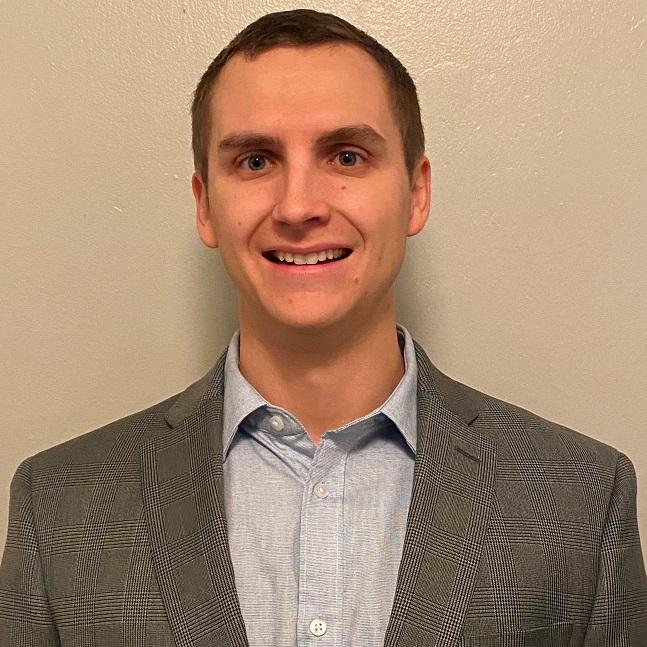Episode 44 - Regions Wealth Podcast Series
According to Pew Research, one in six Americans say they’ve invested in, traded, or used cryptocurrency as of 2021. But as interest in cryptocurrency and NFTs has risen, so too have scams targeting investors. In part two of our series on cryptocurrency, Portfolio Manager Ryan Owen joins us to discuss common scams targeting the crypto space. We’ll learn how these scams work and what steps investors can take to protect themselves.
Listen and subscribe on your favorite podcast player. Find our Regions Wealth Podcast on Spotify, Stitcher, and iTunes.
Meet the Speaker
 Ryan Owen joined Regions in 2017 and is currently a Portfolio Manager in Knoxville, Tennessee. He is responsible for actively managing personal, charitable, and trust assets for private wealth management portfolios. In this role, Ryan works closely with clients to create investment management solutions to meet their unique investment goals and objectives. Ryan graduated Summa Cum Laude from Samford University with a BS in Business Administration, double majoring in Economics and Finance. Prior to his role as a Portfolio Manager, Ryan held two positions within Regions Bank. Want to find an advisor like Ryan? Contact a wealth advisor today.
Ryan Owen joined Regions in 2017 and is currently a Portfolio Manager in Knoxville, Tennessee. He is responsible for actively managing personal, charitable, and trust assets for private wealth management portfolios. In this role, Ryan works closely with clients to create investment management solutions to meet their unique investment goals and objectives. Ryan graduated Summa Cum Laude from Samford University with a BS in Business Administration, double majoring in Economics and Finance. Prior to his role as a Portfolio Manager, Ryan held two positions within Regions Bank. Want to find an advisor like Ryan? Contact a wealth advisor today.
Listen to More in Our Podcast Series
Our Regions Wealth Podcast empowers you to be smart about life's financial challenges. Gain confidence in your personal or business financial strategy. Listen to more episodes to hear how experienced wealth advisors approach the big financial questions we all face.
Get the transcript.











